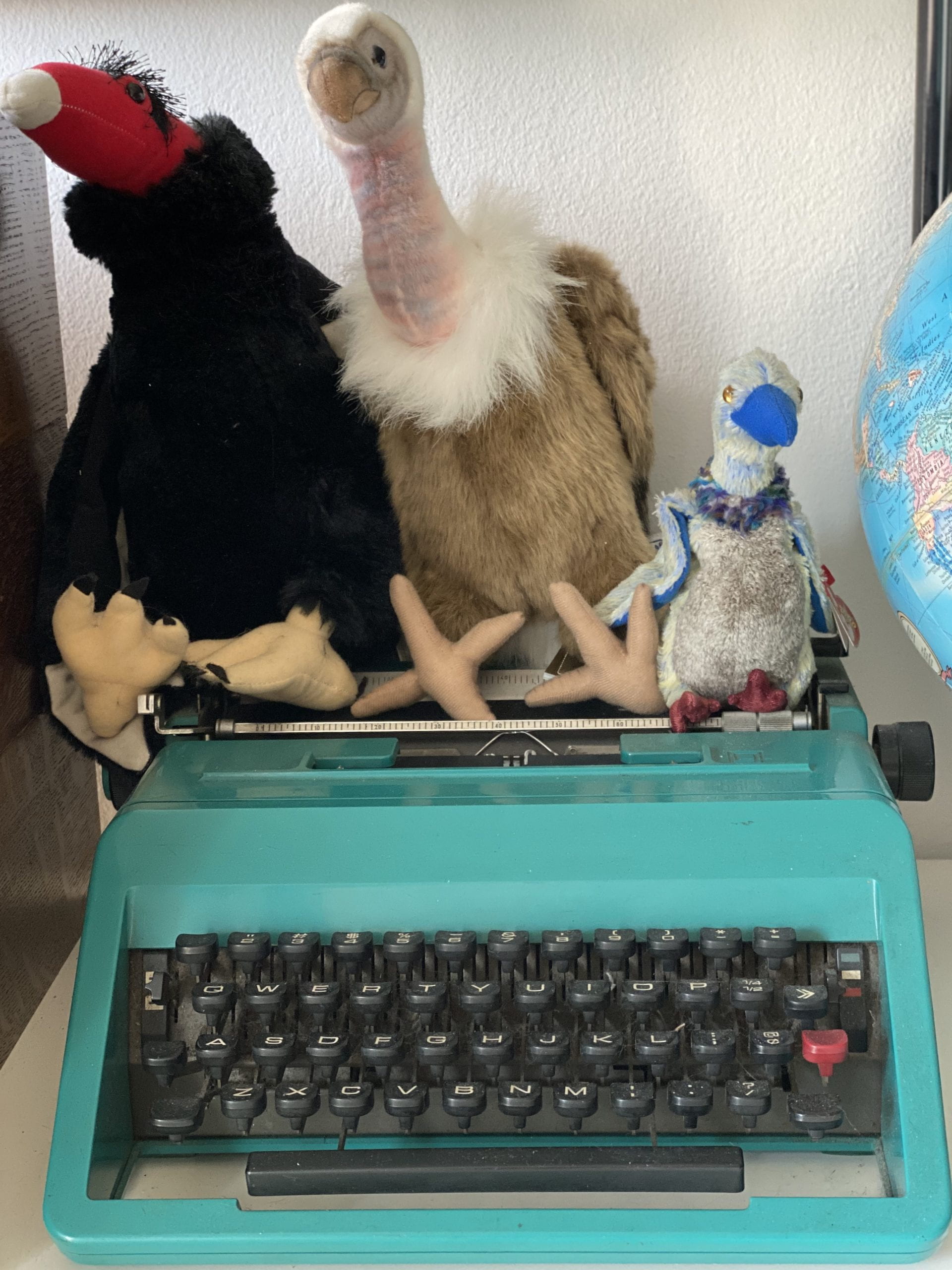
I recently had a lengthy and negative review essay published about a book that has, publicly, been received with acclaim in Medieval Studies but privately (and more in Jewish and Islamic Studies than English lit) been critiqued. The over the top enthusiasm for the book and the rush to treat it not as the first word but the last one on the subject, as a foundational text that must be accepted in whole moving forward, is what led me to treat the book in such detail. I knew that anything less would have no impact. (The review is available through OA at the journal’s web site through the end of the year, and a PDF is available on my academia page for after that.)
I knew that I was opening myself up to a lot of criticism, and I anticipated quite a bit of it exactly. I wasn’t surprised, for example, by people announcing that they were refusing to read it on the grounds that it’s racist for a white woman to critique a book on race written by a woman of color. I knew that was coming. Honestly, I also expected to take some flak for how I cited Peter Abelard, or for citing him at all since some scholars consider him to have been a rapist; and I was pleasantly surprised not to have that come my way.
What I didn’t expect were suggestions that as a white woman I had been handed an opportunity in the form of being allowed to write a review essay at all where a woman of color wouldn’t have been. I cannot deny the reality behind the charge: Many opportunities do go to white scholars that could just as easily and even should go to scholars of color. But I was still surprised because I don’t see this as an opportunity that was handed to me at all. In other words, it absolutely could have happened like that, but in this case it didn’t.
So without denying that I benefit professionally from white privilege, I thought it might also be helpful to walk through some of the steps I took to pursue this publication and a related, recent one . Academic publishing is not at all transparent; and at the beginning of my career I definitely didn’t know what I was doing or even how to figure out what I was doing in the arena of journal publications.
There are things I can do and try my best to do about systemic racism and there are things I can do about other problems in academic publishing that sit atop those structures. This blog post is meant to address the latter; it’s about the smaller, immediate, concrete issue rather than the much bigger one.

